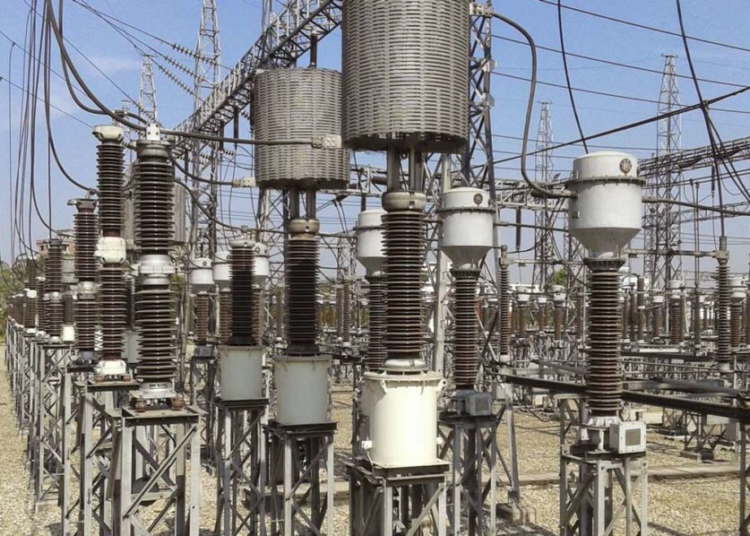Amid the current foreign investment crunch and the need to urgently harness the potential of gas resources to ensure energy security, oil companies in Nigeria have adopted a modular approach to meet their infrastructure financing requirements.
Recall that the federal government has said Nigeria needs about $20 billion investment yearly to bridge the gas infrastructure gap in the country in the next 10 years.
However, foreign investment in this sector has become scarce due to the global push for energy transition.
The Society of Petroleum Engineers (SPE), Nigeria Council in view of energy transition, Nigerian companies are breaking their funding need into smaller chunks to enable them execute their projects.
Chairman, SPE, Nigeria Council, Mr Felix Obike who spoke on this on the sideline of the 2023 Series and Energy Forum (OLEF) in Abuja, on Thursday, said foreign aid has been difficult to access because of net zero target on carbon emissions.
“The funding is what we can break into modules. If I need $1m to produce a small gas Compressor Station that will give me 1, 000 megawatts of power and I can get that amount in-house, within the company, why should I go out to look for that money? So if every company decides to that within their financial capacity at the end of the day we can get that done and export for now.
“On a serious note it is very tough to get financial aid not having driven to that net zero target but with increased improvement in ESG going forward things will change, he said.
Obike underscored the need to deepen programmes and projects on gas utilisation and policy implementation in realisation of the net zero carbon emission.
The SPE chairman said its just concluded 2023 Oloibiri Lecture Series and Energy Forum (OLEF) was geared toward policies formulations and implementation to ensure delivering effective and sustainable energy in the country.
OLEF is an annual event of SPE to commemorate first discovery of oil by Shell in commercial quantities in Oloibiri, Bayelsa in 1956.
The 2023 edition of OLEF had as its theme: “Effective Gas Resources Utilisation: A Lever for Enhancing Energy Security and Achieving Net-Zero Emission Goals in Nigeria”.
Gas, which Nigeria has reserves of more than 200 trillion cubic feet, is a cleaner-burning fossil fuel than oil or coal, and can play a significant role in reducing greenhouse gas emissions.
Speaking on acceptance of gas as a transition fuel and move to achieve net zero emmision, he said Nigeria, as a gas country had readily available gas resources to exploit and guarantee energy security.
He said apart from investments, funding, infrastructure and technologies coming to play in energy transitions, capacity building was also paramount to harness gas potential.
He said capacity building was also being spearheaded by the Petroleum Technology Development Fund (PTDF) in the tertiary institutions by ensuring development of professionals to project this development.
This, he said was being done by encouragement and inclusive of gas generation and technology courses among others in tertiary institutions curriculum and sponsoring them.
He said in as much as we are trying to decarbonise, we still need to develop our reserves to harness opportunities in oil and gas industry which was the mainstay of the Nigerian economy.
“Gas as a cleaner energy for energy transition will be effective for Nigeria looking at its affordability, sustainability and energy security.
“We are now trying to harness these resources, having modular approaches by different companies of developing gas reserves, producing them in a safe manner to reduce emission through technological applications,” he said.





